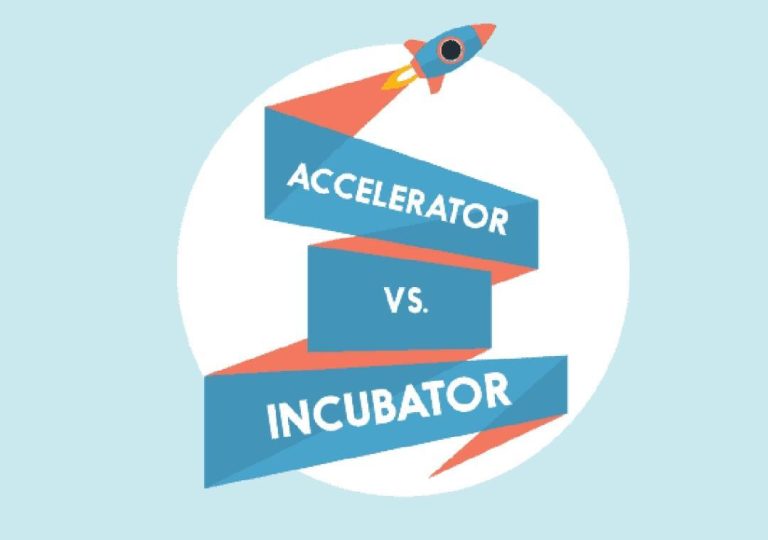
AI, Creators & Tier-2 Cities Power India’s Startup Growth
India’s startup ecosystem has been on a remarkable growth trajectory, and the latest trends are set to further accelerate its pace. A recent report by Meta-A&M reveals the contours of this growth, highlighting the key factors driving innovation and success in the Indian startup scene. In this blog post, we’ll delve into the findings and explore how AI adoption, omnichannel models, Tier-2/3 city expansion, and creator-driven branding are shaping the future of Indian startups.
AI Adoption: The Game-Changer
One of the most significant trends driving India’s startup growth is the widespread adoption of Artificial Intelligence (AI). A staggering 70% of startups in India are using AI in some form, leveraging its potential to streamline operations, enhance customer experiences, and gain a competitive edge. From chatbots to predictive analytics, AI is being used to automate processes, analyze data, and make data-driven decisions.
The use of AI is not limited to specific industries; instead, it’s becoming a ubiquitous tool across various sectors, including e-commerce, fintech, healthcare, and education. For instance, AI-powered chatbots are being used by e-commerce companies to personalize customer interactions, while fintech startups are using machine learning algorithms to detect fraud and improve risk assessments.
Omnichannel Models: The New Normal
Another crucial trend in India’s startup ecosystem is the adoption of omnichannel models. An impressive 67% of startups are now using omnichannel strategies to engage with customers across multiple touchpoints, including social media, mobile apps, websites, and offline channels. This approach enables startups to provide a seamless and consistent customer experience, regardless of the channel or device used.
Omnichannel models are particularly relevant in India, where customers often use multiple channels to interact with brands. By adopting an omnichannel approach, startups can ensure that their customers receive a unified experience, which can lead to increased engagement, loyalty, and ultimately, revenue growth.
Tier-2/3 City Expansion: The Future of Growth
India’s startup ecosystem is not limited to Tier-1 cities; instead, startups are increasingly looking towards Tier-2 and Tier-3 cities for growth. An impressive 95% of startups in India are targeting smaller cities, recognizing the vast potential of these markets.
Tier-2 and Tier-3 cities offer a unique advantage to startups, including lower costs, a more relaxed regulatory environment, and a growing consumer base. Additionally, these cities often have a more homogeneous customer base, making it easier for startups to tailor their products and services to local needs.
Creator Economy: The Rise of Influencers
The creator economy is another significant trend in India’s startup ecosystem. An astonishing 88% of startups are partnering with influencers early on, recognizing the power of social media in reaching their target audience.
Influencer marketing is particularly effective in India, where social media platforms have a massive user base and influencers have built significant followings. By partnering with influencers, startups can reach new audiences, increase brand awareness, and drive conversions.
Conclusion
India’s startup ecosystem is evolving rapidly, driven by the adoption of AI, omnichannel models, Tier-2/3 city expansion, and the creator economy. These trends are reshaping how startups scale, connect with users, and build future-ready brands across India.
As the startup ecosystem continues to evolve, it’s essential for entrepreneurs to stay ahead of the curve, adopting the latest trends and technologies to stay competitive. By leveraging AI, omnichannel models, and the creator economy, startups can build sustainable businesses and drive growth in India’s rapidly expanding market.
Source:






